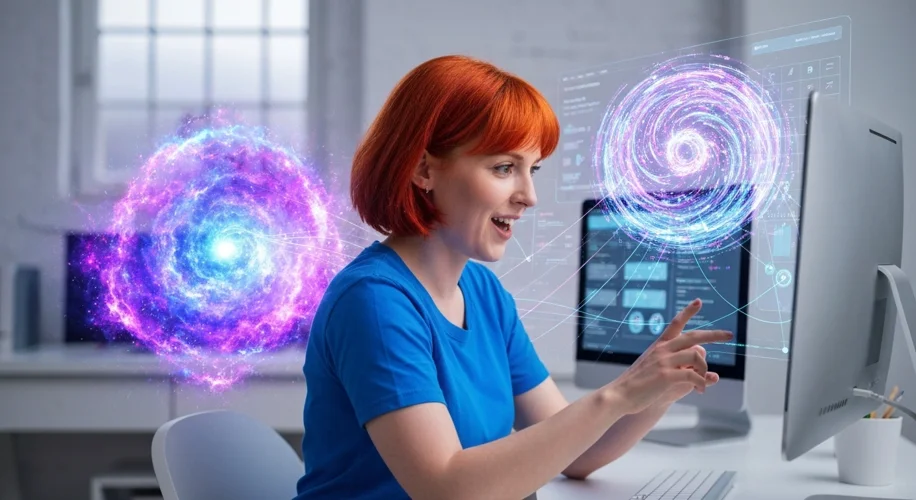Remember all that talk about AI taking over our jobs? It felt pretty intense for a while there. The headlines were screaming “robots are coming for your career!” But if you’ve been keeping an eye on things, like I have, you’ll notice the conversation is starting to shift. It’s less about AI versus humans and more about AI alongside humans.
Let’s be real, the idea of AI outright replacing us is a bit of a sci-fi trope that’s been overplayed. The reality right now, and for the foreseeable future, is much more nuanced and, frankly, more interesting. AI isn’t just a smart copy-paste machine; it’s becoming a powerful tool that enhances what we already do.
Think about it. In the world of computer engineering, where I spend most of my time, AI is already being used to help us code faster. Tools like GitHub Copilot or Cursor aren’t writing entire programs from scratch without human input. Instead, they’re suggesting lines of code, catching errors, and automating repetitive tasks. This frees up developers like me to focus on the more complex, creative problem-solving aspects of a project. It’s like having a super-powered assistant who’s always there to lend a hand, but you’re still the one calling the shots.
This isn’t just happening in tech, either. In creative fields, AI is helping artists generate new ideas, assisting writers with drafting content, and speeding up post-production for filmmakers. For example, AI tools can analyze vast datasets to identify patterns or suggest design elements, but the final creative vision and execution still come from the human artist. It’s about augmenting creativity, not replacing it.
I’ve seen this firsthand with some of my personal projects. When I’m working on a new machine learning model, AI assistants can help me sort through data and even suggest model architectures. It doesn’t make my job obsolete; it makes it more efficient. I can experiment more, learn faster, and build cooler things because the AI handles some of the more tedious groundwork.
The key takeaway here is that AI is incredibly good at processing information, identifying patterns, and automating specific tasks. Humans, on the other hand, excel at critical thinking, emotional intelligence, creativity, and strategic decision-making. When you combine these strengths, you get something far more powerful than either could achieve alone.
So, instead of fearing AI as a replacement, we should view it as a powerful augmentation. It’s a tool that can help us be more productive, more creative, and more effective in our roles. The nature of work is definitely evolving, but it’s an evolution driven by collaboration, not just automation.
It’s exciting to think about how we can leverage these AI tools to push boundaries and achieve things we couldn’t before. The future of work isn’t about humans or AI; it’s about humans and AI working together.

